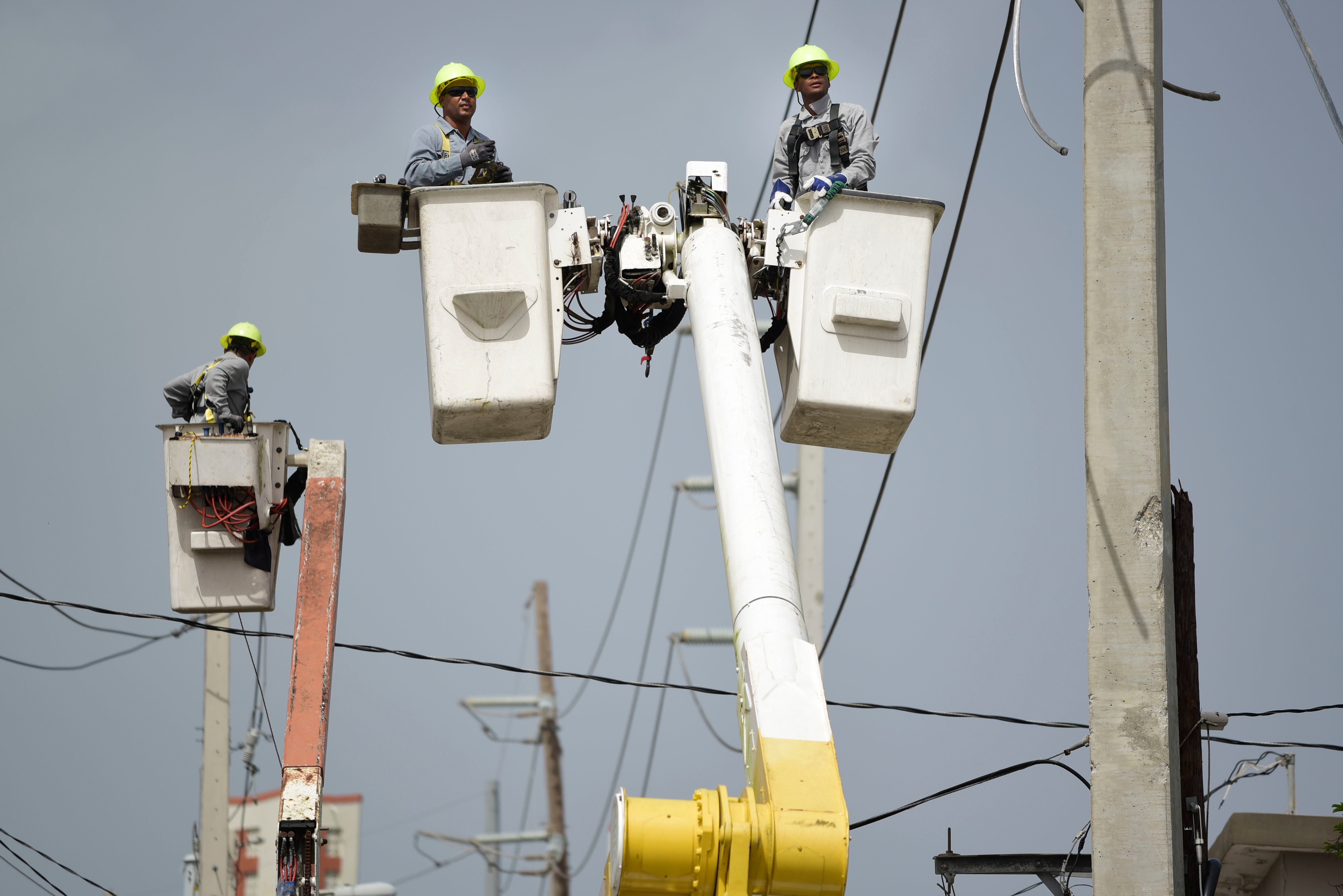Report scrutinizes FCC response in Puerto Rico after Maria
A U.S. report has found that abstract emergency response guidelines for the Federal Communications Commission could have caused confusion and delays after Hurricane Maria devastated Puerto Rico and the U.S. Virgin Islands in 2017

A U.S. report released Tuesday found that abstract emergency response guidelines for the Federal Communications Commission could have caused confusion and delays after Hurricane Maria devastated Puerto Rico and the U.S. Virgin Islands in 2017.
The Category 4 storm destroyed 96% of telecommunication cell sites in Puerto Rico after slamming into the island in September 2017, leaving people with no way to call for help, apply for federal assistance or make financial transactions, according to the report published by the Government Accountability Office
It stated that the Department of Homeland Security did not specifically outline what actions the FCC should take to help restore communications infrastructure, and that the agency obtained only limited public input and did not share its actions or findings.
The report said such information could help officials build more resilient telecommunication networks and better prepare for future disasters.
“As citizens and first responders are increasingly dependent on telecommunications, ensuring the resiliency and reliability of telecommunications networks in U.S. territories may prevent future loss of life,” the GAO said in its report.
It noted that Maria, along with Hurricane Irma -- which hit the U.S. Virgin Islands as a Category 5 storm about two weeks before Maria – damaged more than 90% of power lines above ground in the three-island territory.
The report said the FCC collected information on network outages in Puerto Rico for six months, the longest period in the agency’s history. It also issued nearly 900 special temporary authority licenses to allow radio facilities to operate.
But nearly four years after the storms hit, the FCC has not issued a report on its actions or findings or a full account of its response to Hurricane Maria, the GAO found. It added that FCC officials said they were dealing with limited resources given the multiple disasters that occurred in 2017 and 2018.
The GAO called on the Department of Homeland Security to define specific emergency response roles and responsibilities for the FCC to avoid confusion in those moments.
“During a disaster, there is little time to learn about such technologies and their appropriate use when critical sectors require telecommunications services immediately,” the report stated.
The GAO issued its findings more than three months after an inspector general report found that the administration of former U.S. President Donald Trump was responsible for stalling about $20 billion in federal funds to help Puerto Rico recover from Maria and also obstructed a probe into the delay.
Bookmark popover
Removed from bookmarks